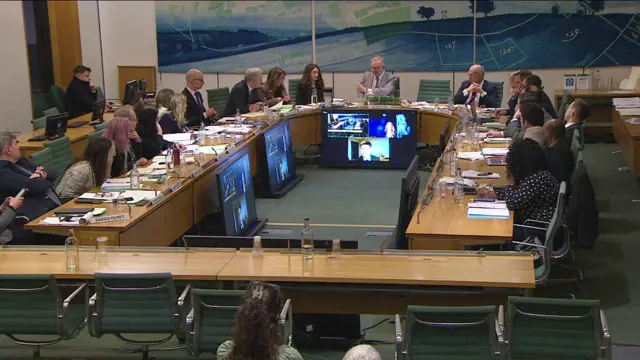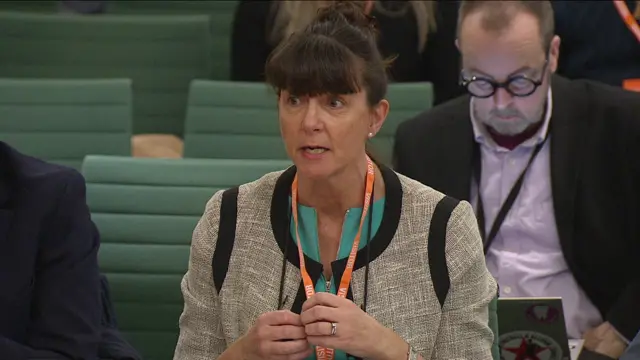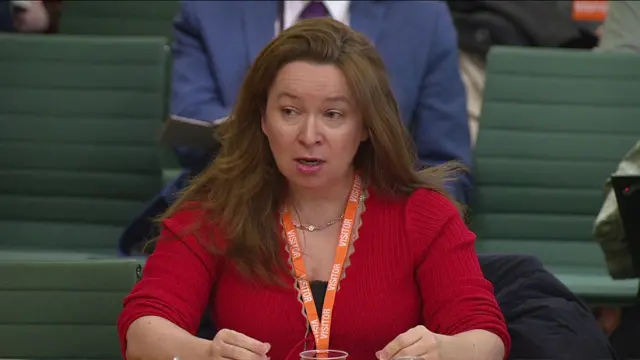Plenty for MPs to ponderpublished at 17:54 GMT 28 January
 Jacqueline Howard
Jacqueline Howard
Live page editor
The first session of experts - medical and legal - advising MPs on the assisted dying bill drew to a close a little earlier, and it's certainly given the committee a lot to think about.
We heard concerns over the risk of patients being coerced into assisted dying and the training involved in spotting it, how implementing the scheme might affect resourcing of palliative care and whether the courts have the capacity to make the final judgements.
There are two more evidence sessions to come tomorrow and Thursday to help inform amendments to the bill, and plenty more scrutiny after that before MPs will next vote - in April at the earliest.
We're ending our live coverage there but if you've got anymore questions about the bill or assisted dying more generally, this very handy explainer has all the information you need. Thanks for joining us.




